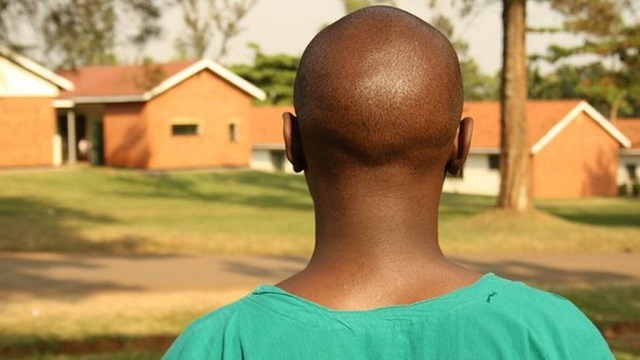
Gulu, Uganda | THE INDEPENDENT | Cultural beliefs and misconceptions have been pointed out as the major factors hindering the fight against mental illness in the Acholi sub region.
According to experts, many people take long to seek medical treatment for mental illness, but instead go to traditional healers and the church as the immediate remedies to such conditions.
The experts note that mental health patients are kept in the community with other treatment modalities such as traditional practices and prayers, hence are brought to health facilities when the severity of their conditions has gone high.
Freddy Odong, a psychologist at Gulu Regional Referral Hospital Mental Health Unit says that a number of people believe in myths that mental illnesses are bad omens and demonic attacks, hence the need for cultural practices of prayer devotions.
He added that even after taking the patients for medical attention, some people still return to the healers, which he says contributes to relapse.
The experts note that the situation is worsened by inadequate mental health experts and the allocation of resources for mental health.
One of the sources from Bardege-Layibi division in Gulu city, says his family first sought the service of a witch doctor when his father developed a mental illness.
The source added that when his father’s condition worsened, they took him to Gulu Regional Referral Hospital where he was diagnosed with bipolar disorder.
Alfred Droti, a Senior Psychiatric Clinical Officer at Gulu Regional Referral Hospital says they are registering an increase in the number of patients visiting the facility for mental health support.
According to statistics, the facility receives at least 400 people seeking mental health support weekly.
The Acholi sub region has an admission rate of 54 percent males against 46 percent of women. All of them are aged between 18 and 45 years which falls within the reproductive age bracket.
The cases include depression, suicide, and attempted suicide. According to the World Health Organization (WHO), more than one billion people worldwide are living with a form of mental health problem.
Uganda is ranked among the top six countries in Africa with mental health burdens.
*****
URN
 The Independent Uganda: You get the Truth we Pay the Price
The Independent Uganda: You get the Truth we Pay the Price



